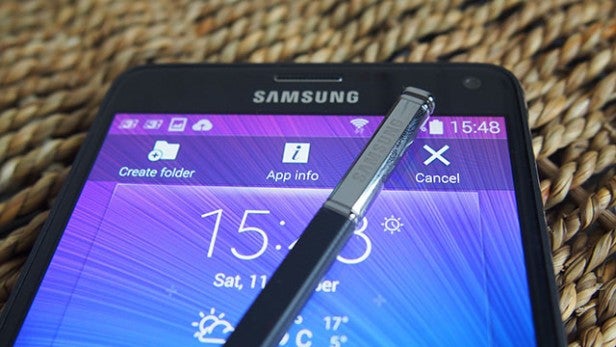There’s another Galaxy Note recall, but this time it isn’t Samsung’s fault

With the Galaxy Note 8 launch just a week away, the last thing Samsung needed was another recall controversy. Unfortunately, for the Korean firm, that’s exactly what they’ve got.
10,200 batteries for 2014’s Samsung Galaxy Note 4 have been recalled in the United States due to the risk of overheating.
However, before you go comparing this to last year’s Note 7 debacle, you should know this time it isn’t Samsung’s fault.
Apparently, phones refurbished via FedEx Supply Chain and sent out via US carrier AT&T’s insurance program, were refitted with counterfeit batteries. Naughty, naughty.
The affected units were sent out between December 2016 and April 2017.
Related: Best smartphones
The Consumer Product Safety Commission (CPSC) pointed out these batteries were not manufactured by Samsung.
The recall description (via The Verge) says: “FedEx and Samsung have determined that some of the recalled batteries are counterfeit and show anomalies that can lead the batteries to overheat.
“The batteries are non-OEM, which means they were not supplied as original equipment by the phone’s manufacturer, Samsung.”
Perception problem
So far there has been one report of injury as a result of the counterfeit batteries.
Those affected users will have a new, official battery shipped to them free of charge by FedEx. The CPSC is advising all folks to immediately power down their devices.
This isn’t Samsung’s fault. However, there may be a prevailing perception this means there’s another problem with the range.
Last year, millions of Galaxy Note 7 smartphones were recalled after Samsung was unable to rectify an issue with faulty batteries.


